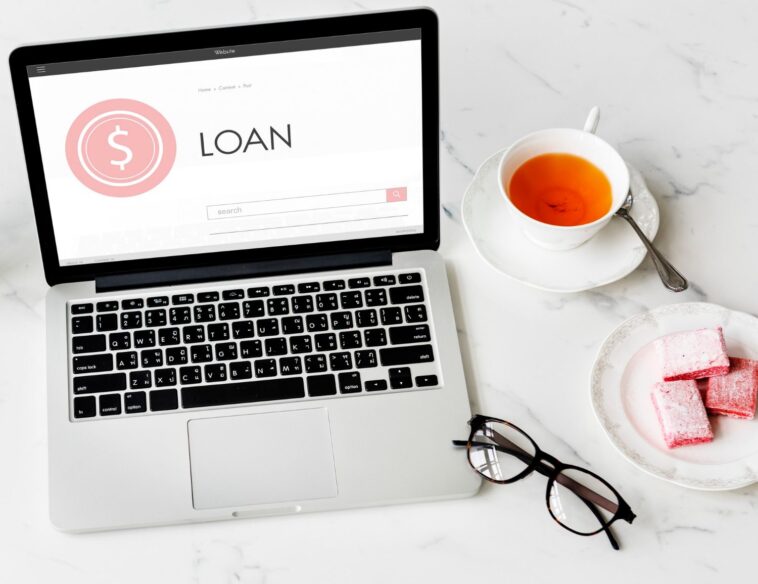When in need of quick funds quickly, personal loans may be the right solution. But before choosing one as it is essential to consider lenders for their rates, fees, services and borrowing options such as credit cards.
Personal loans with low interest rates and no upfront fees are among the best loans available today and are widely available from major banks.
Payday loans
Payday loans are short-term loans with high rates and terms, offering borrowers short-term financial relief at relatively high interest rates. Borrowers must usually submit either a postdated check or authorize electronic withdrawal of funds from their bank account to secure these loans – usually with repayment due on or shortly before their next payday – typically two weeks later. If they cannot repay it then, they may return to the lender or request an extension which can lead to debt spiraling quickly out of control.
There are various alternatives to payday loans that may help you reduce their high fees and costs, including borrowing from a credit union (which often offer lower interest rates than payday lenders) or using an online lender search service to find lenders offering affordable interest rates. You could also consult a financial counselor about strategies for managing debt.
Utilising alternative lending sources may be advantageous to people with poor credit scores, especially BadCreditLoans‘ user-friendly online marketplace, which allows borrowers with lower scores to browse loan offerings with repayment terms and rates that cater specifically for their circumstances – as well as avoid costly loan rollover fees charged by payday lenders.
Home improvement loans
Home improvement loans can be an ideal way to finance a renovation project in your house. Their fixed interest rates and repayment terms make them easy to budget for each month and help build your credit score with on-time payments. It is essential, however, that you fully comprehend their costs before applying.
Finding the appropriate loan type for your home improvement project depends on various considerations, including its total cost and timeliness of your planned work. Your current debts, credit history, mortgage equity and income all factor into how much of a loan term you qualify for.
Alternately, home equity loans or HELOCs may provide more secure funding. Lenders have the right to foreclose on your property should payments go unmade. Furthermore, these loans often feature longer repayment terms compared to personal loans, making them suitable for those needing extra time to repay debts.
Take out an unsecured personal loan from a lender who specializes in these. These loans typically depend on your credit score and should only be used to fund major expenses; small home improvement projects might not warrant taking this approach but they might still provide useful funding options if your savings cannot cover all expenses of the project.
Secured loans
Secured loans are loans backed by assets like a car, home or other business property that the lender can claim in case of nonpayment. As this makes them less risky for lenders, more are likely to approve these types of loans with preferential terms like lower interest rates and larger loan amounts. Secured loans can be obtained through credit unions, banks and online lenders.
Secured loans can help build your credit, since timely repayment will boost your score. They can be used for various purposes – consolidating high-interest credit card debt or funding vacation expenses being two such scenarios – with some lenders even offering fixed or variable rate options and repayment terms up to 25 years!
Secured loans may be an ideal choice when looking for personal or business loans; however, it’s wise to weigh both benefits and risks carefully before taking one out. Adequate collateral must be in place; as well as monthly repayment terms which must fall within your means and any prepayment penalties attached to it.
Another key consideration when borrowing is how your lender values your assets. Banks tend to under-value assets to reduce risk exposure and expand lending limits – an unfortunate reality that we must all live with.
Personal loans
Personal loans are readily available from banks and credit unions, and can be used for various purposes ranging from debt consolidation to covering expenses like home renovation. Personal loans tend to be simpler to manage than other forms of debt such as credit cards due to fixed interest rates and faster approval/payment processes.
Personal loans can be an ideal financing solution for people with solid credit who require major purchases. Before making your decision, however, it’s essential that you fully consider both its advantages and disadvantages before committing. It would also be prudent to explore alternative solutions like balance transfers or home equity loans as viable solutions.
No minimum credit score is needed to obtain a personal loan; however, lenders typically require at least 640. When shopping for personal loans it’s also essential to compare rates and fees among different lenders – some even charge loan origination fees which can quickly add up over the life of the loan. When researching APR rates it can provide an accurate picture of what your payments may look like over time; where possible try finding loans without origination fees or at least very competitive APR’s

